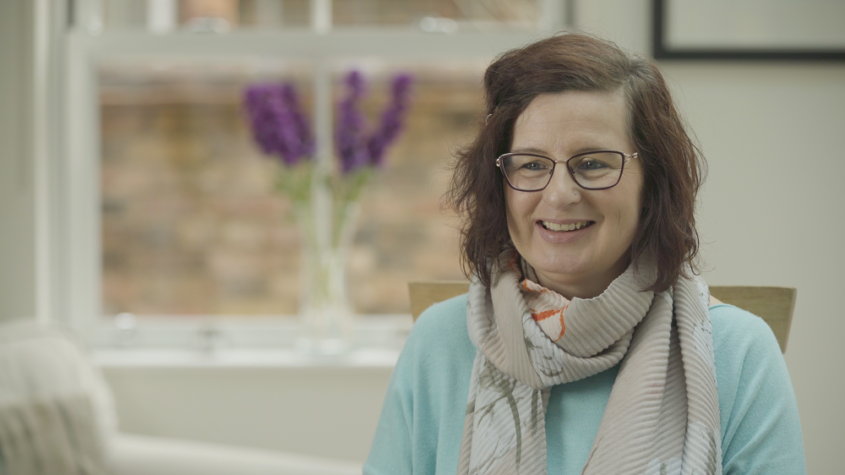How to drive safely if you take insulin
Check your blood sugar level less than 2 hours before the start of your journey, and every two hours during the journey.
If your blood sugar level is 5mmol/l or less, you should have some carbohydrate before driving. Some people find it helpful to remember this as ‘five to drive’.
If your blood sugar level is less than 4mmol/l before or during driving, do not drive. This is hypoglycaemia, and you should follow these steps.
- Stop the vehicle.
- Switch off the engine, remove the keys from the ignition and move from the driver’s seat.
- Take some fast acting carbohydrate such as glucose tablets or jelly babies.
- Wait 10 minutes, then check your blood sugar level again. If it’s higher than 4, take some longer acting starchy carbohydrate. If you take pancreatic enzymes, don’t forget to take these with it.
- Do not start driving until 45 minutes after your blood sugar level has returned to above 5mmol/l.
- If you use a flash glucose or continuous glucose monitor and the reading is 4mmol/l or below, you must stop driving and confirm your glucose test reading with a finger prick test.
Always take your blood sugar monitor and some fast acting carbohydrate with you when you drive. It’s a good idea to keep an emergency supply of carbohydrate in your car.
Ask your doctor or diabetes nurse if you have any questions about driving.


